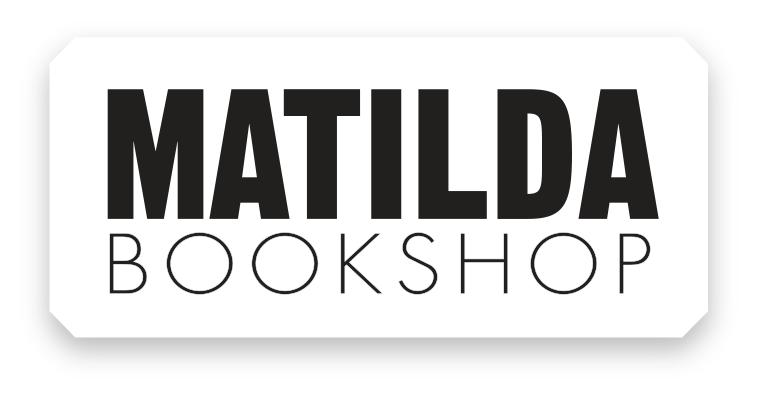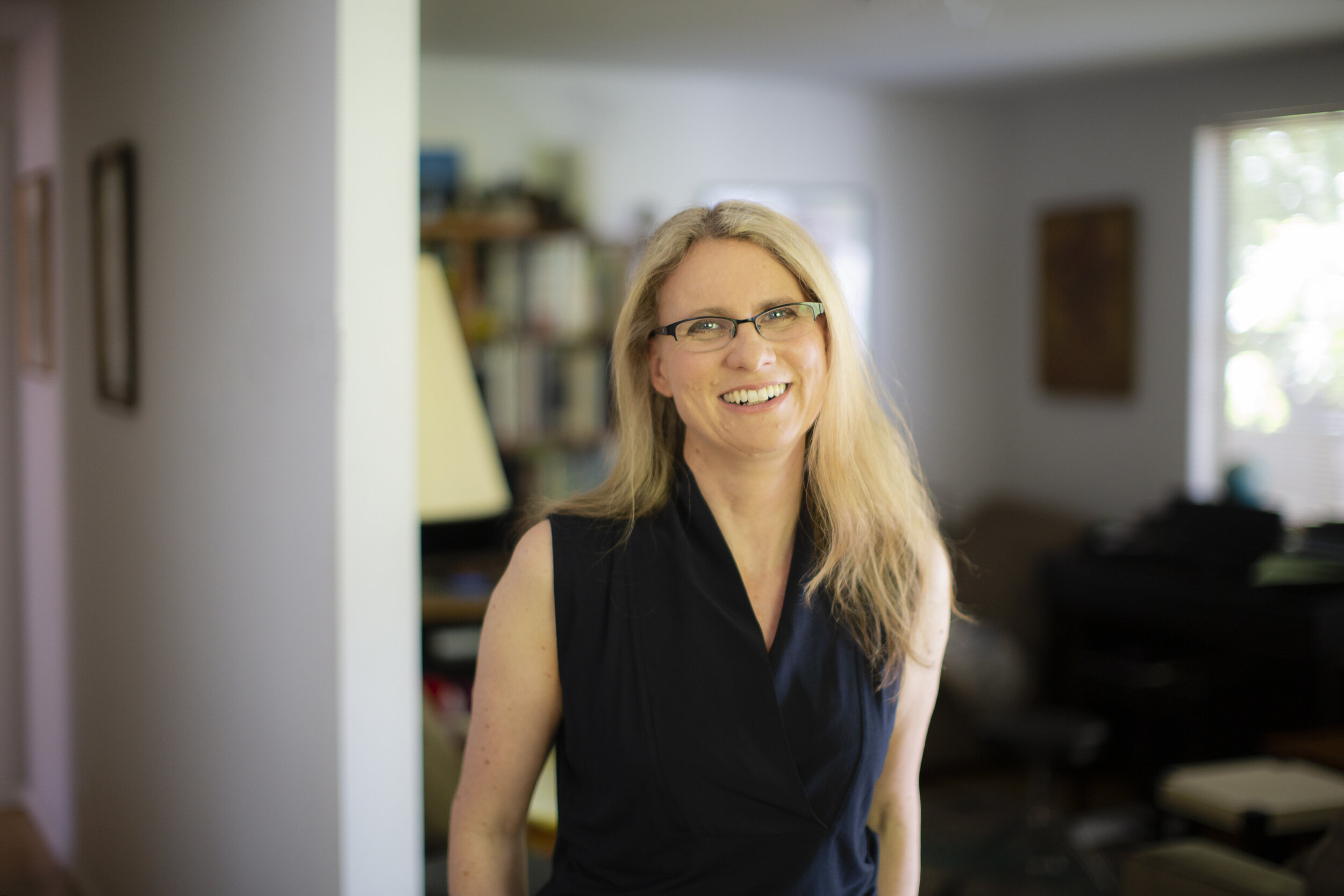
Lucy Neave grew up in Australia, Toronto, London and Kathmandu, and has spent several years living in the United States: first as a Fulbright scholar completing a Master of Fine Arts in writing, then teaching English in universities, and in 2019 as a visiting scholar in the English department at New York University. Lucy’s first novel, Who We Were, was shortlisted for the ACT Book of the Year. Her short fiction has been published in a range of Australian and American literary journals and in Best Australian Stories, and she was awarded a Griffith Review novella prize in 2018. She teaches creative writing at the Australian National University, where she is Associate Dean, Student Experience. She is the mother of two children.
1. Why do you tell stories?
I write fiction because it’s a way for me to think through complicated, entangled feelings and experiences. In fiction, I transform events—some of which are autobiographical—into a narrative that I hope other people can connect with, and which I also hope will provoke thought about how we treat others, and what it is like to live in someone else’s skin.
2. Describe Believe in Me in one (or two) sentence(s).
Believe in Me is about a daughter, Bet, imagining her mother’s difficult life as a pregnant teenager, and how this in turn helps Bet come to terms with her own identity.
3. Between Sarah, Bet, and Dora, there are three fiercely strong women for the reader to get to know, but it is Dora's act of kindness towards a teenage unmarried mother (Sarah) that is at the heart of this story. How did you imagine Dora into being?
Dora arrived fully formed. She appeared in the story—she’s a midwife—as someone who has her own difficulties, living in 1970s Australia, but who has the space in her life to help someone else. Originally, she was only present during Bet’s infancy, but when a friend of mine read an early version of the manuscript and asked me what happened to Dora, I realised that she was a more important character than I’d originally thought, and that she needed to be present for the whole book.
4. Can you tell us about your relationship to faith, if you have one, or Sarah's relationship to it? It seems that Sarah must wrestle with questions of belief.
My parents were Anglican, and my dad often counted the donations that arrived in the collection plate. I loved spending Sunday afternoons with him in the church, helping him. But by my early teens, I stopped believing in organised religion, and at around the same time my parents stopped going to church. My relationship to faith is very different to Sarah’s (her family is religious), although I believe strongly in living an ethical existence.
5. I thought the structure of the book worked really well, and it almost read as autofiction. Can you tell us about why you decided to use Bet, Sarah's daughter, as the window into Sarah's life?
The book is very much about the act of the imagination. It was important to me for Bet to try to imagine her mother’s life, because so much of what we know about our parents is partial and occluded, and I wanted her to try to imagine the life of someone whose existence was very different from her own. We spend a lot of time trying to imagine how other people feel, or why they act the way they do, and fiction is another attempt to do this.
6. Part of the book is set in our very own Adelaide. Do you have a personal connection with Adelaide? Are you nomadic like Bet and Sarah?
I spent three years in Adelaide, from when I was fourteen until when I was seventeen. It was a very difficult time—moving away from your friends when you’re a teenager is tough—but it also made me a lot more independent, because my mum’s job was demanding, and my dad was living interstate. I had a lot of freedom in Adelaide, in terms of going out with friends.
7. When and where do you write?
I write at work, in cafes and at home—mostly at home, at the moment—most mornings before about 11am, and again after 4pm if I can manage it.
8. What are three things that sustain you as an author, or while you’re writing?
My family. If I’m writing at home, there’s always noise, and a sense of life going on in the kitchen, and although this can be distracting, it’s also comforting.
Matcha green tea
Whichever book has bewitched me. Often I’ll be reading other author’s novels and writing, as I’m working
And (I know I’m only allowed three things): running
9. Name three books that you couldn’t live without.
This was difficult, because I wanted to choose more than three books:
The Vivisector by Patrick White (this book made a huge impression on me when I read it in my early twenties)
Housekeeping by Marilynne Robinson: parts of Believe in Me are set in the same place as Housekeeping, in Sandpoint, Idaho
When We Were Orphans by Kazuo Ishiguro (I’m a big fan of Ishiguro)
Bonus question:
What books are currently gracing your to be read pile?
A lot of books by authors from Canberra and southern NSW! The Bodies of Men, by Nigel Featherstone (I’ve been intending to read this book for a while)
Ghost Bird, by Lisa Fuller
The Breaking, by Irma Gold


